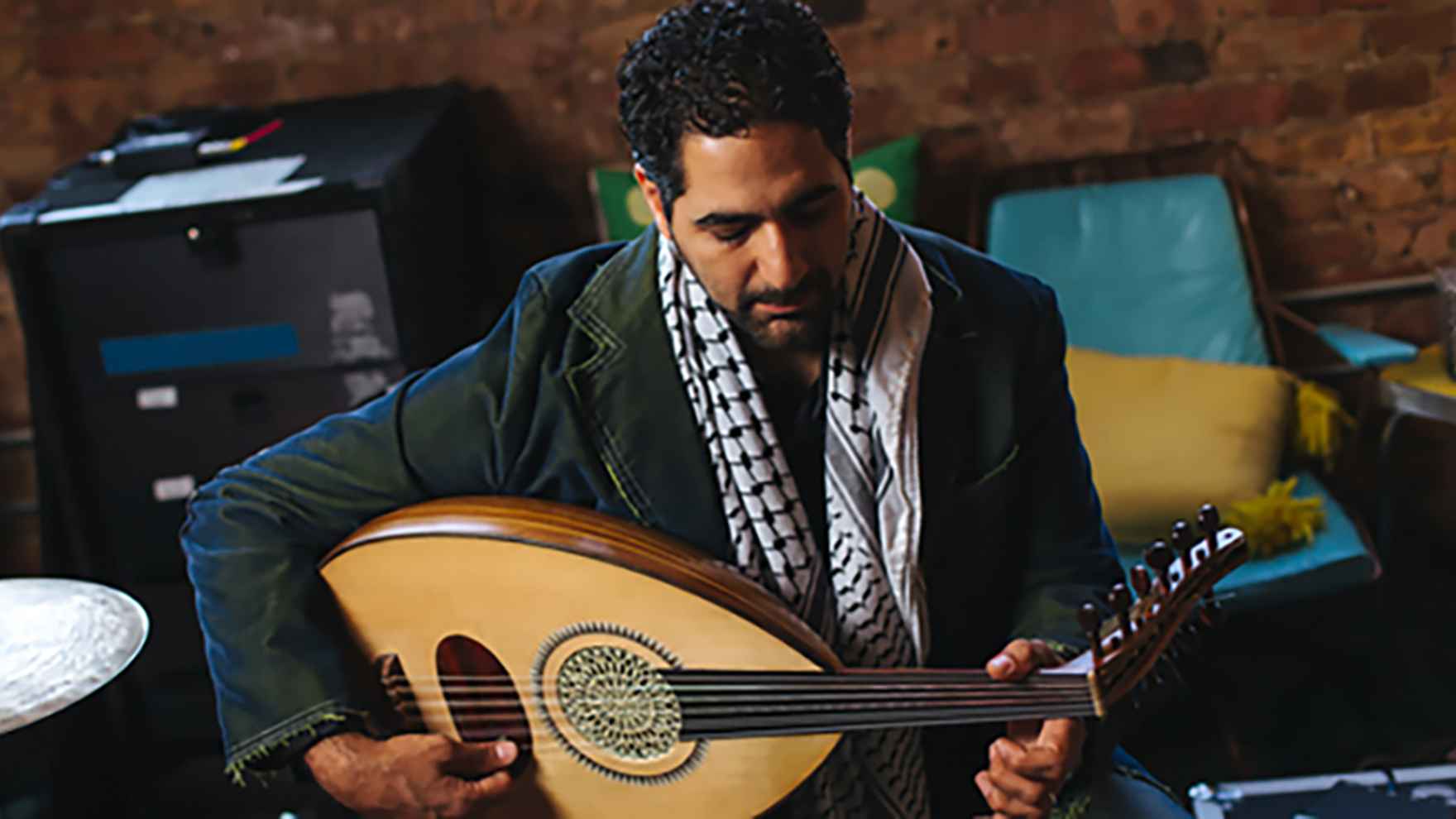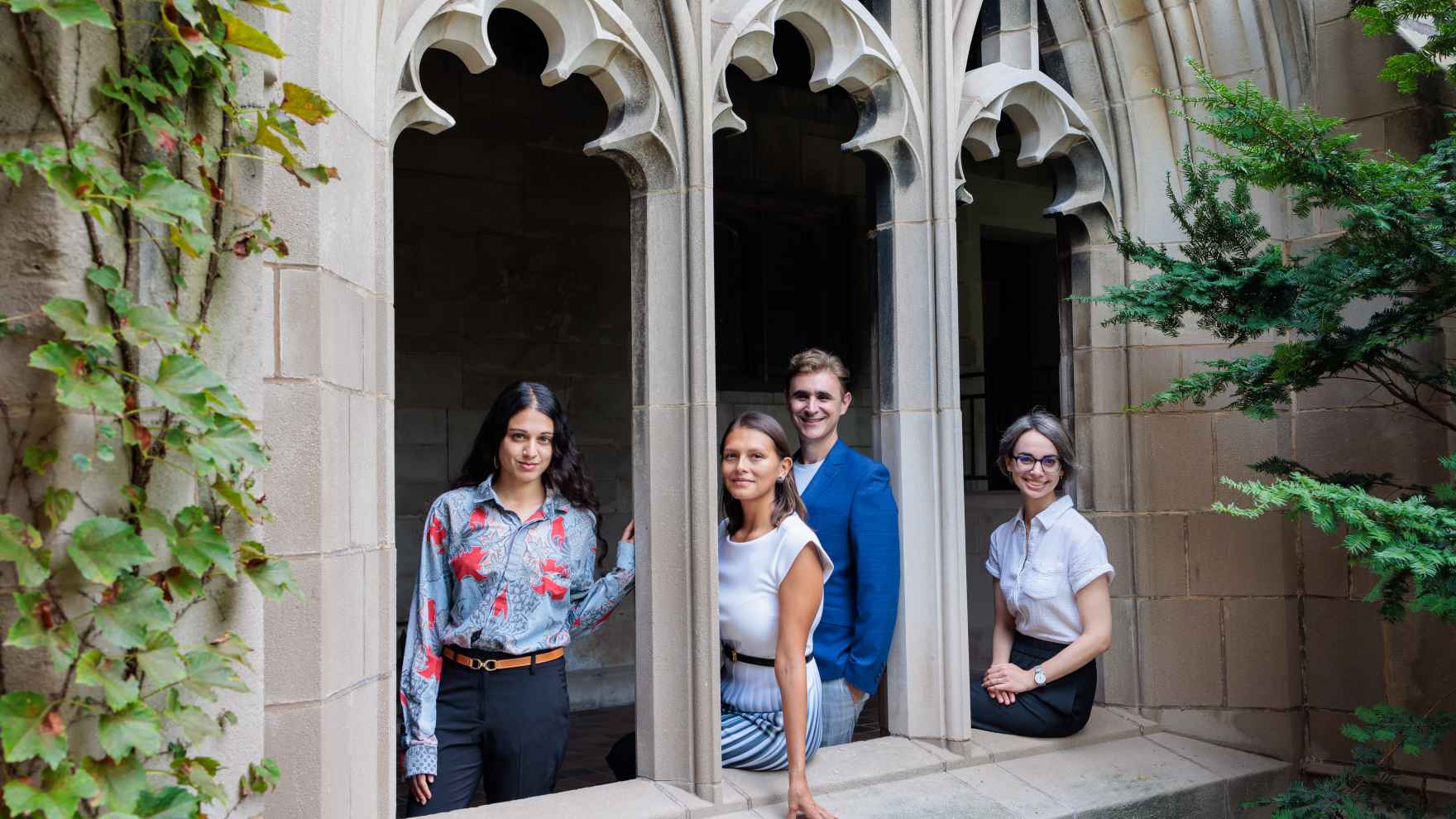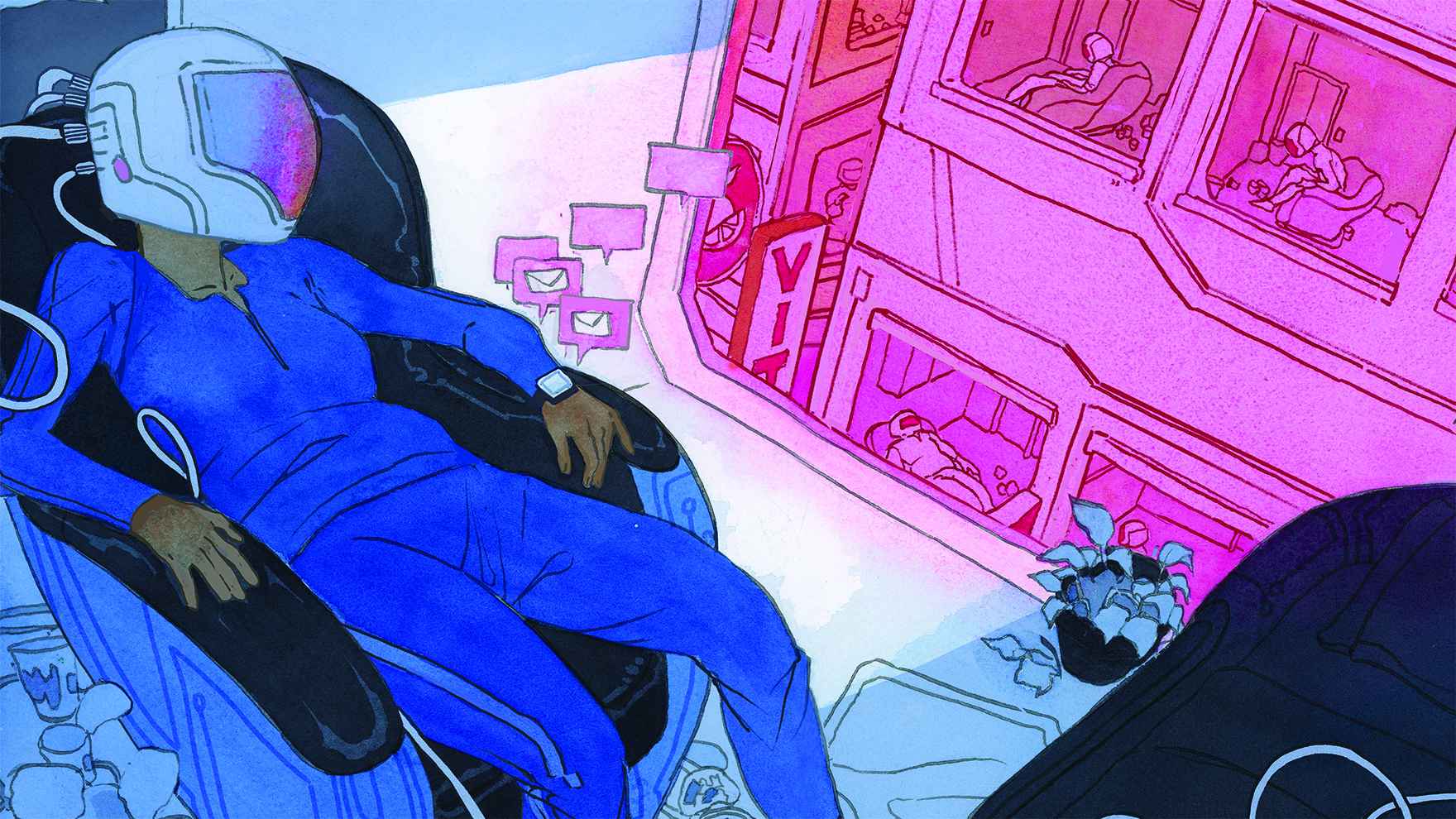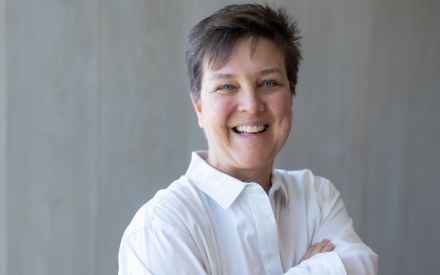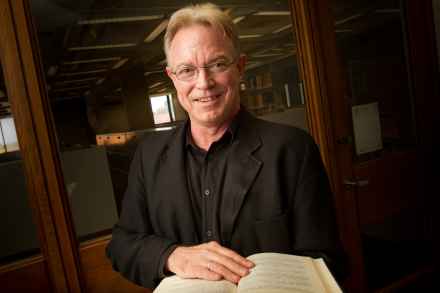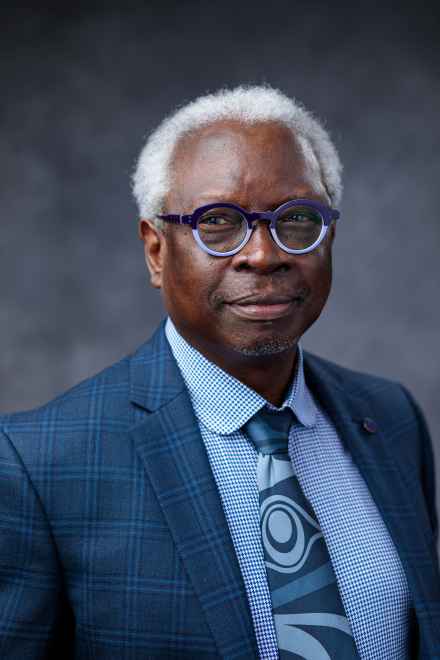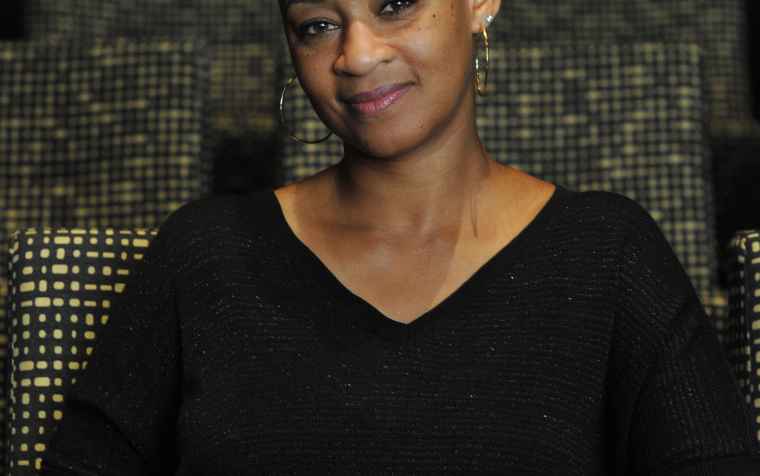Deborah Nelson Appointed Dean of UChicago's Division of the Humanities
Prof. Deborah L. Nelson has been appointed dean of the University of Chicago Division of the Humanities, President Paul Alivisatos and Provost Katherine Baicker announced[MOU1] . Her tenure will begin July 1.
Nelson is a renowned scholar whose research focuses on late 20th-century U.S. culture and politics. The Helen B. and Frank L. Sulzberger Professor in the Department of English and the College, she currently serves as chair of the Department of English Language and Literature.
“Debbie is a highly regarded scholar who has made important academic contributions and who has contributed in numerous ways to the vitality of our University community,” Alivisatos said. “She is an experienced, collaborative and energetic leader. I am grateful that she has committed to service as Dean of the Humanities Division. Hers will be a powerful voice for the humanities at UChicago and beyond.”
Cornell Fleischer, Historian Who Revolutionized Study of Ottoman Empire, 1950-2023
Prof. Cornell H. Fleischer, a world-renowned expert of Ottoman history and scholar of the greater Islamic world, passed away in Chicago on April 21. He was 72.
Known for his prowess with languages and as an attentive mentor to his students, Fleischer was the Kanuni Süleyman Professor in the Departments of Near Eastern Languages and Civilizations and History. He was an expert in the Age of Süleyman the Lawgiver—the longest reigning Sultan of the Ottoman Empire—for which his professorship was named.
Humanities Scholar Elected to the American Academy of Arts and Sciences
Mufwene is among 269 new members, which includes four other UChicago faculty, honored this year from a range of academic disciplines and selected from more than 1,300 nominations.
The Edward Carson Waller Distinguished Service Professor in the Department of Linguistics and the College, Mufwene is a leading expert on the emergence of creoles and on globalization and language. He received this honor for his breakthrough research in the evolution of language.
Can You Describe a Sensation Without Feeling It First?
Blind or colorblind people can describe colors and use expressions like “green with envy” or “feeling blue.” A hearing-impaired person can also say those same vibrant hues are “loud.” But many linguists and cognitive neuroscientists have assumed that somatosensation—touch, pain, pressure, temperature, and proprioception, or the sense of where your body is oriented in space—is fundamental for understanding metaphors that have to do with tactile sensations. Understanding expressions like “she is having a tough time” or “that class was hard,” it was believed, requires previous experience with those sensations to extend their meaning to metaphors.
Now, research from the University of Chicago with a unique, perhaps one-of-a-kind individual, shows that you can comprehend and use tactile language and metaphors without relying on previous sensory experiences. These findings challenge notions of embodied cognition that insist that language comprehension and abstract thought require direct memory of such sensations.
